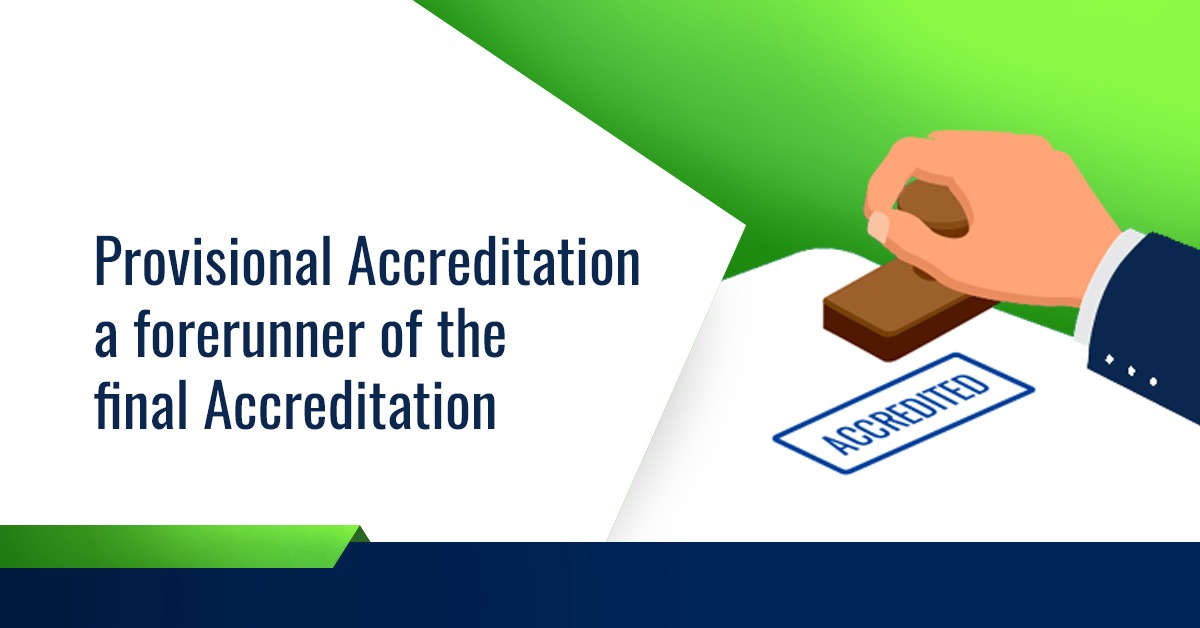
It is often said “by failing to prepare we are preparing to fail”. It is very true when we think about accreditation. NAAC Provisional Accreditation for Colleges (PAC) is a temporary status given to the prospective institution preparing for the final Accreditation to make a focused attempt in the lines of guidelines given by the core team of NAAC PAC.
In the emerging scenario of Higher Education, Accreditation means a lot to the Universities and colleges. In the context of New Educational Policy 2020 it is an observed fact that “If there is no quality there will be no accreditation and if there is no accreditation no survival”. By and large, every higher educational institution irrespective of the discipline should go ahead to procure a high grade in accreditation.
NAAC PAC is a temporary accreditation status granted to new HEIs (previously unaccredited) that meets satisfactory compliance with a set of basic standards put forth by the accreditation agency. The provisional accreditation will be valid for 2 years.
The PAC process is comparatively very easy and could be considered as a first step by new institutions aiming for Graded Accreditation.
Across the country, only 20% of institutions have been accredited during the last 25 years of NAAC. The remaining 80% are yet to embrace the Assessment and Accreditation process.
Since the NAAC’s foundation objective of having all the Higher Education Institutions of the country accredited under its cover by 2022 is difficult to be met, it has come up with Provisional Accreditation to attract colleges that neglect getting their standards assessed for obtaining accreditation. The simplified requirements of NAAC Provisional Accreditation for Colleges (NAAC PAC) can certainly lure more Higher Education Institutes into the path of accreditation.
Unlike the Normal accreditation process, the institution seeking NAAC PAC needs to answer only few questions in quantitative and qualitative dimensions based on 10 simple criteria, along with the basic profile of the college.
Compared to the SSR submission in the graded accreditation, submitting the requirements of PAC as well as getting accredited is a very simple task and NAAC expects most of the unaccredited colleges to move this way.
During the period of PAC an institution can deliberately have a focused preparation for normal Accreditation.
The institution seeking a Provisional Accreditation gets committed to apply for Normal Accreditation which will be a mandatory criterion of a Higher Education Institution in long run. The applicant institution will get clear cut direction regarding the necessary improvements to procure for top level quality. This will be an encouragement and guidance for institutions to get higher scores in the normal accreditation process.
This includes the following like:
Any college in India meeting the following conditions may apply for Provisional Accreditation for Colleges (PAC).
The institution which fails to get accredited could apply again after a period of 6 Months and within one year of result declaration. This would restart the process and re-payment of fees will be required.
Normally the inspection team comprises two members. One member in the designation of VC/Director/Professor and the other a principal of a similar type of institution. They may be accompanied by a government nominee on need based. The inspection will be based on the public disclosure of documents submitted to NAAC on the college website. Any violation will be viewed seriously.
There are 10 quantitative questions which need to be answered in the required format, along with supporting documents. Also, there are 15 qualitative questions which require descriptive answers within 100-300 words. The answers for both quantitative and qualitative questions need to be based on data from the last completed academic year.
Each of these 25 questions will be evaluated on a 3 point scale – the lowest being 0 and highest 2. This makes the total maximum points to be 50, of which a minimum of 20 is to be scored for getting accredited provisionally.
The result of accreditation will be in a binary scale which showcases whether “Accredited” or “Not Accredited”. The college will also be provided a a Peer Team Report (PTR) and a Digital Certificate.
During the PAC period, the college is expected to strengthen its Internal Quality Assurance measures and proceed to the normal, graded accreditation.
More details on NAAC Provisional Accreditation of Colleges can be found in the PAC Manual, available on the NAAC Website.
Update: On 02nd March 2022, NAAC has published an updated and final manual for the Provisional Accreditation. It also contains SOP (Standard Operating Procedure) instructions for PAC, as well as specimen formats for Self Declaration and Undertaking.
Since the NAAC Provisional Accreditation is equivalent to the regular Graded Accreditation for any purposes which does not insist ‘grade-based benefits’, we could expect more of the unaccredited HEIs to opt-in. New and young institutions not eligible for Graded NAAC Accreditation can also embrace the NAAC quality path and reap the benefits from PAC.
If your institution needs more information or assistance in acquiring NAAC PAC or regular graded NAAC accreditation, our mentor panel could guide you better.
Also, deQ Accreditation – the accreditation data management system for higher education from IPSR can provide creative solutions that help Higher Education Institutions to monitor and maintain their Quality based on various criteria. It is a quality Accreditation software tool distilled from the expertise and experience of a stellar academic panel, thus helping to impart knowledge, domain expertise and best practices for your institution.
Join us for FREE to get instant email updates!
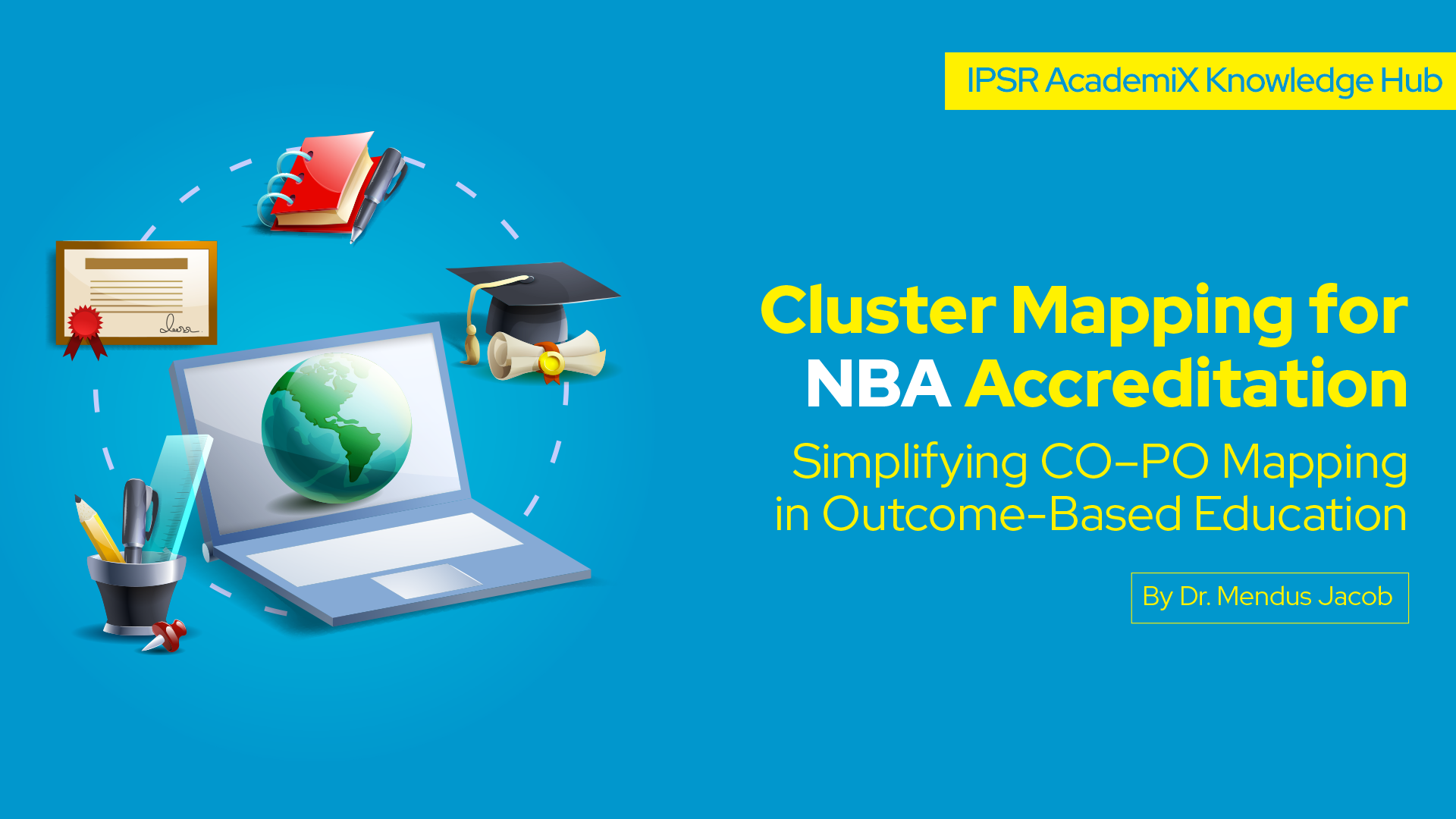
Simplifying CO–PO Mapping in Outcome-Based Education Accreditation by the National […]
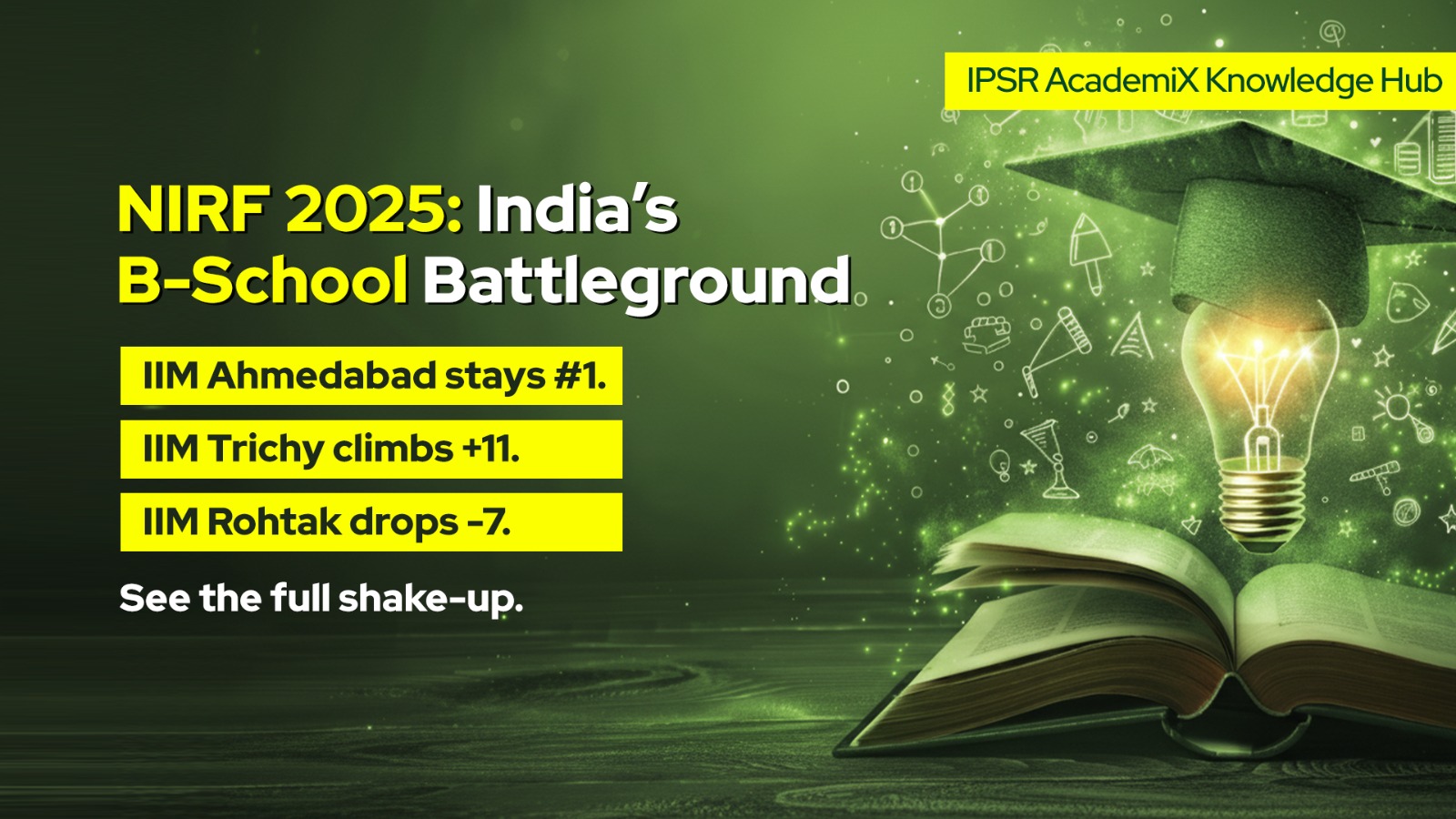
The National Institutional Ranking Framework (NIRF) 2025 results are out, […]
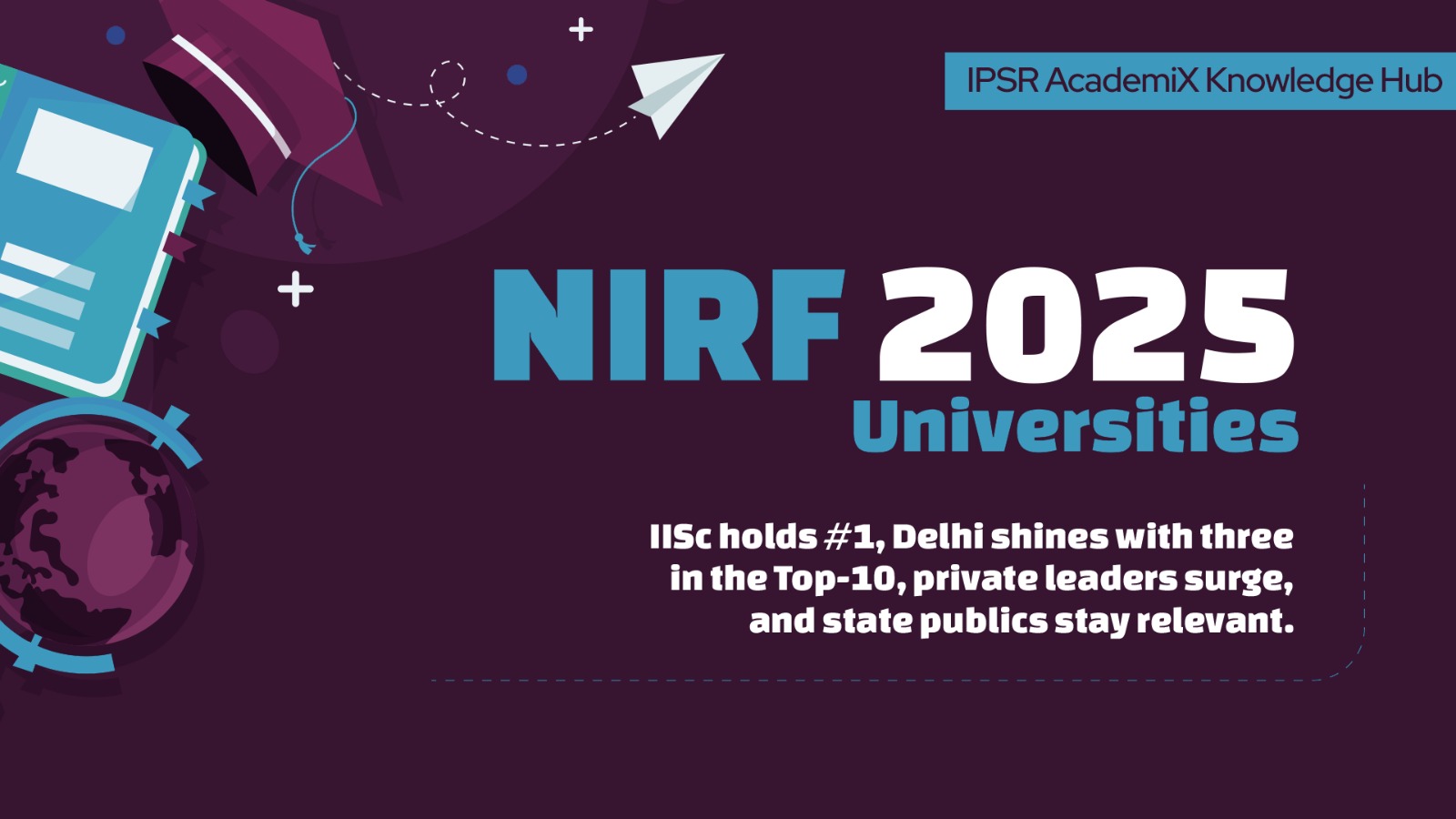
What the Top 100 Rankings Reveal About India’s Universities The […]
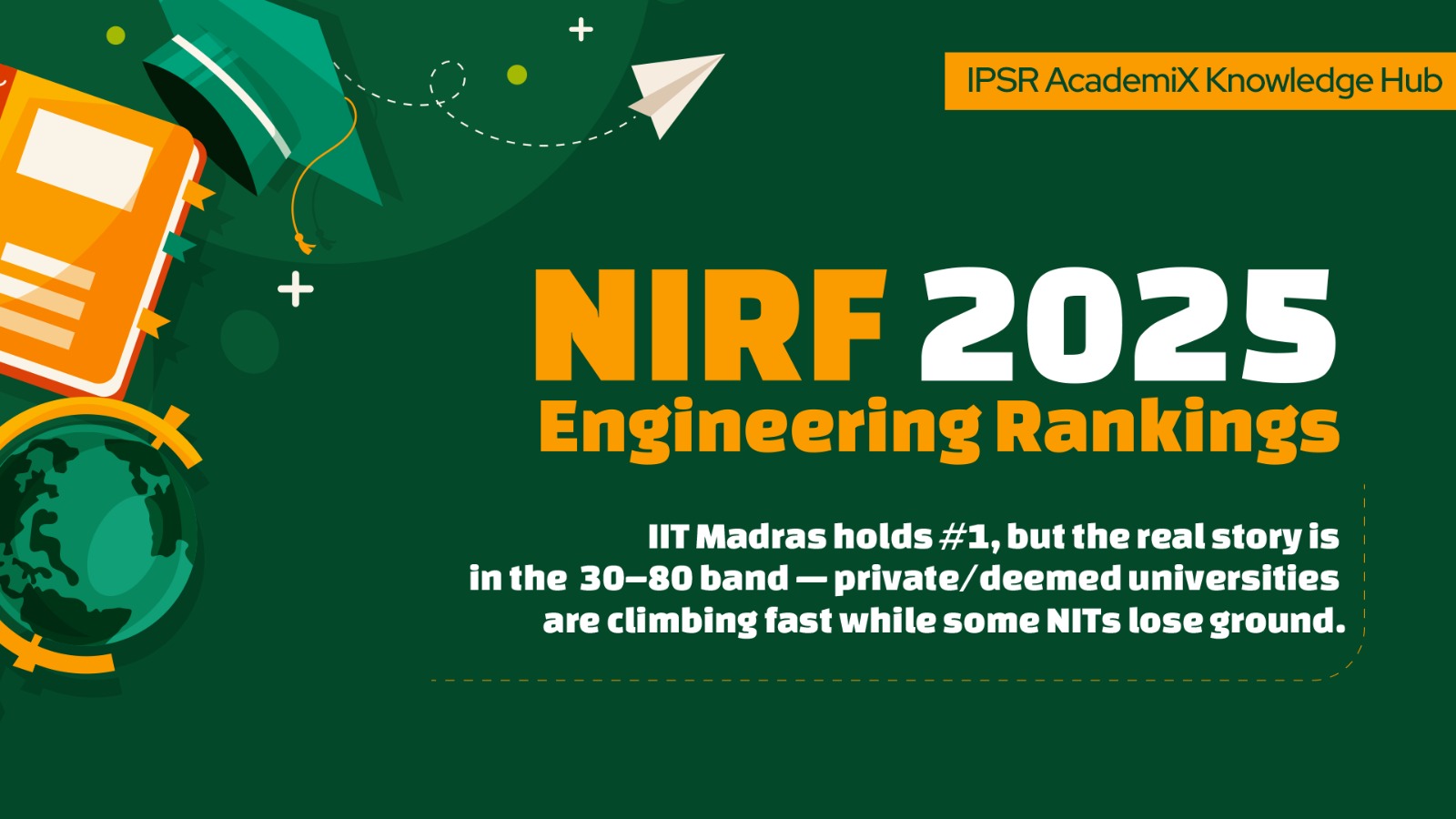
Exploring patterns, trends, and the evolving landscape of technical education […]
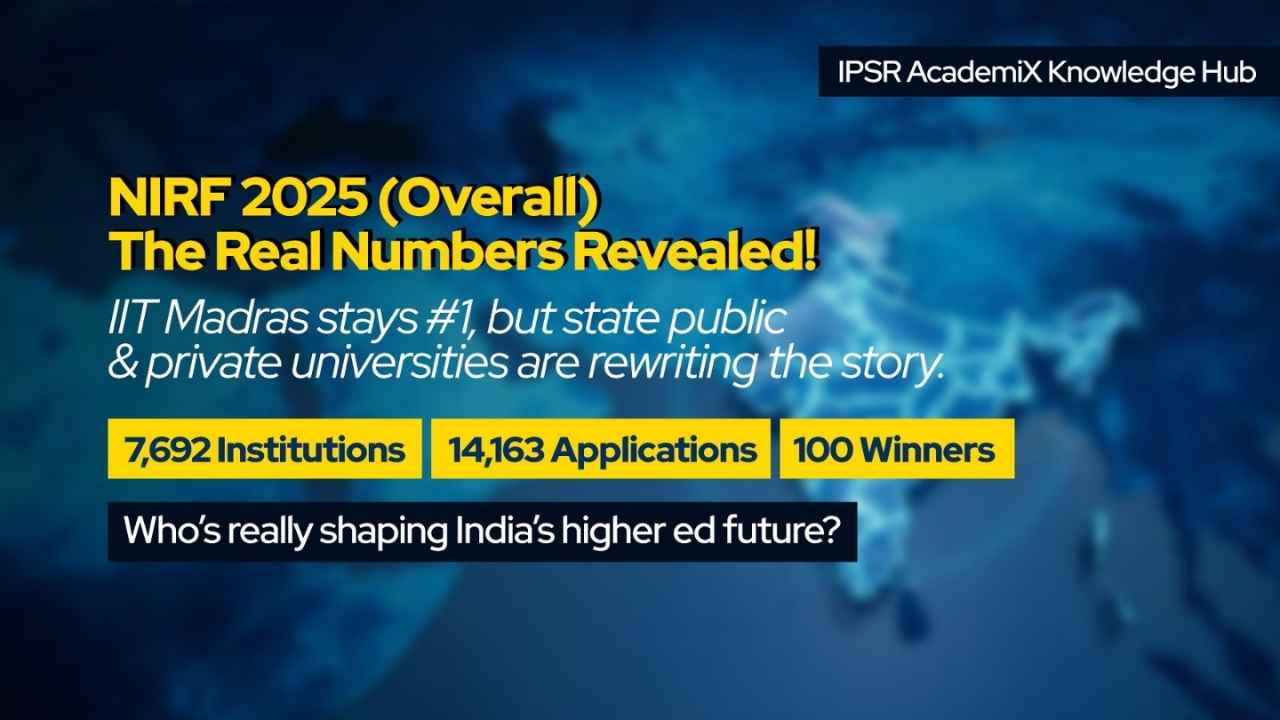
Release date: September 4, 2025 Source: NIRF portal’s Overall Top-100 […]
Leave A Comment